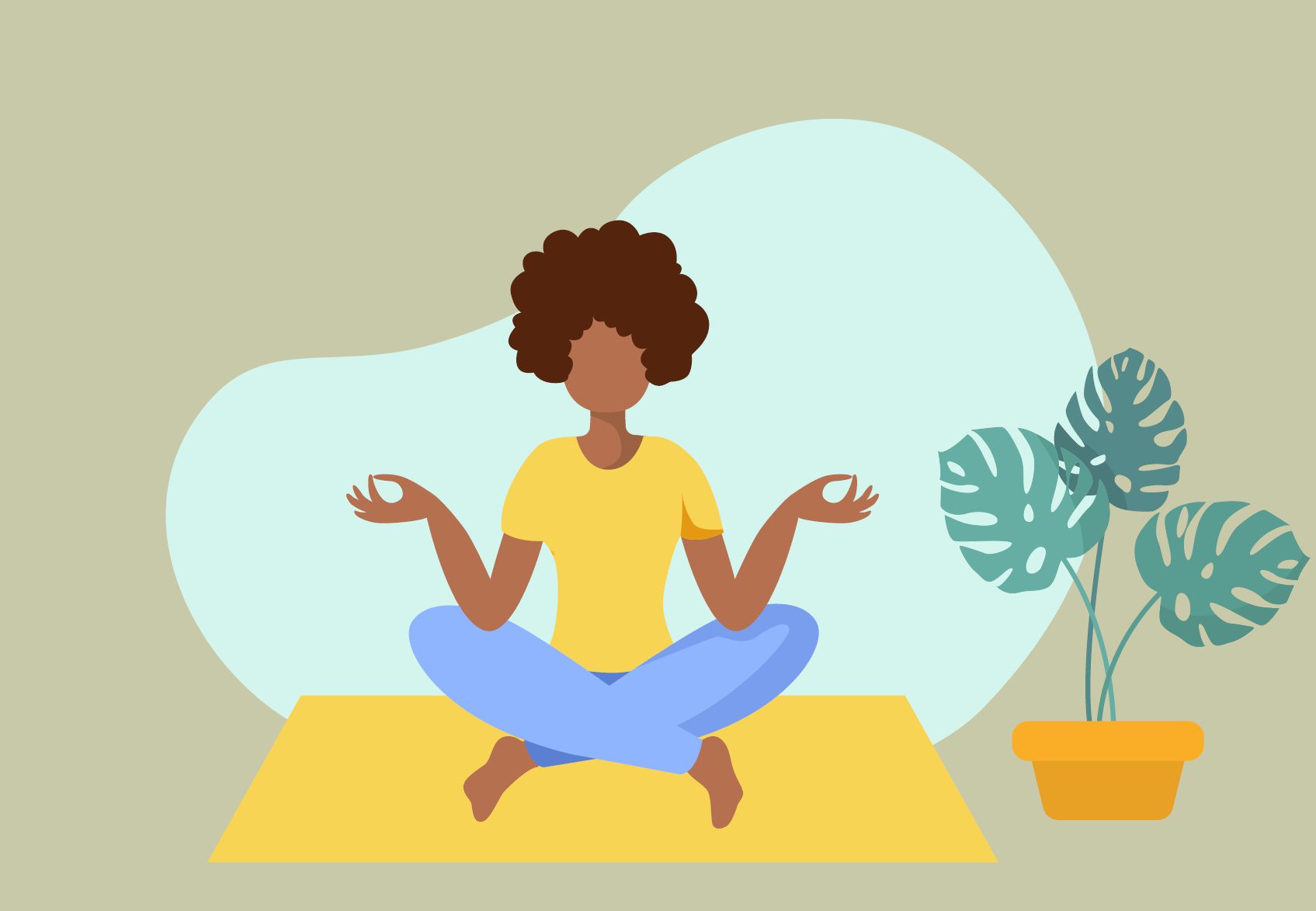Stress can take a toll on a person’s mental and physical health, but it’s possible to effectively manage it with a few simple techniques. Exercise is one of the most effective ways to relieve stress as it releases natural mood-boosting chemicals in the brain. Practicing mindfulness and meditation can help reduce stress and anxiety, while getting enough sleep is essential for mental and physical well-being. It’s also essential to take breaks, connect with others, eat a balanced diet, and practice relaxation techniques. Avoid unhealthy coping mechanisms like excessive alcohol or drug use and prioritize time management to reduce stress levels. Seeking professional help from a mental health professional or therapist is always an option if stress levels become unmanageable.
10 Ways to Manage Stress for Better Physical and Mental Health
1. Incorporate Exercise into Your Routine
Exercise releases endorphins, natural mood-boosting chemicals in the brain, which can help to relieve stress. Even simple activities like walking or stretching can have a positive impact on your mental and physical health.
2. Practice Mindfulness and Meditation
Mindfulness and meditation can help to reduce stress and anxiety by focusing the mind on the present moment. Dedicate a few minutes each day to practicing these techniques to improve your overall well-being.
3. Get Enough Sleep
Adequate sleep is crucial for managing stress. Lack of sleep can make you more irritable and anxious, while sufficient sleep can improve your mood and reduce stress levels.
4. Take Breaks and Time for Yourself
Schedule regular breaks and dedicate time for activities that you enjoy. Whether it’s reading a book or taking a walk, it’s important to take time for yourself and prioritize self-care.
5. Connect with Others
Social support can help to reduce stress and improve mental health. Reach out to friends or family members for support, or consider joining a support group or community activity.
6. Eat a Healthy, Balanced Diet
Eating a well-balanced diet can help to reduce stress levels and improve overall physical health. Incorporate fresh fruits and vegetables, whole grains, and lean proteins into your meals.
7. Practice Relaxation Techniques
Relaxation techniques such as deep breathing or progressive muscle relaxation can help to reduce stress and improve physical and mental well-being.
8. Avoid Unhealthy Coping Mechanisms
Avoid coping mechanisms such as excessive alcohol or drug use, as these can have negative impacts on mental and physical health in the long run.
9. Prioritize Time Management
Effective time management can help to reduce stress levels and increase productivity. Plan out your day and prioritize tasks to manage stress levels.
10. Seek Professional Help
If stress levels become unmanageable, seek professional help from a mental health professional or therapist. They can provide valuable tools and techniques to help manage stress and improve overall well-being.
Managing stress is crucial for maintaining good mental and physical health. Incorporate the above techniques into your routine to reduce stress levels and improve overall well-being. Remember that seeking professional help is always an option if stress levels become unmanageable.
